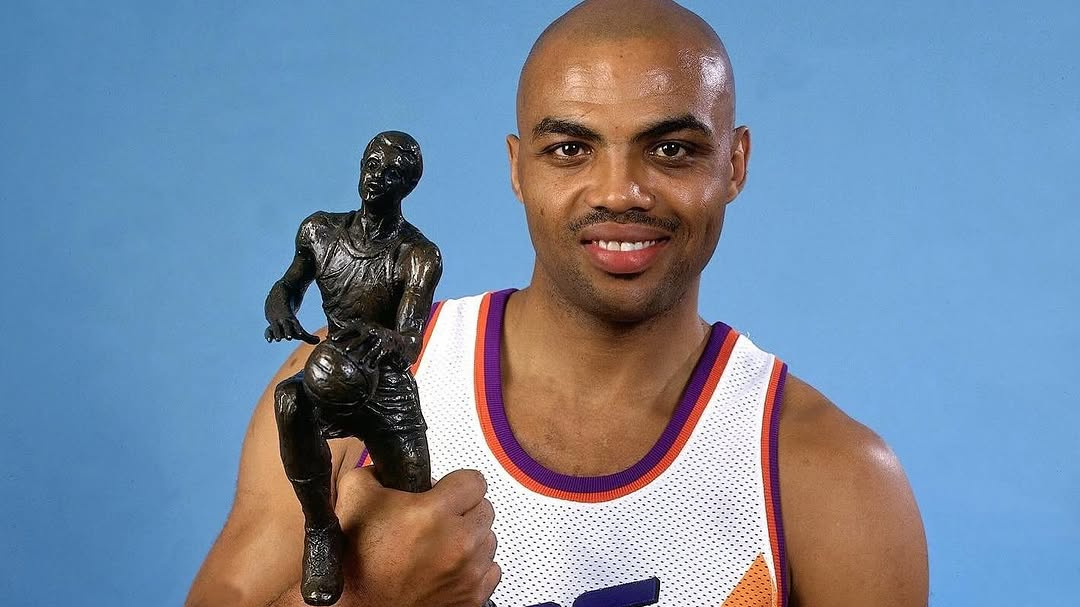The New Apex Predator: How Weight Loss Drugs Are Reshaping Business, Wealth, and Success
Weight loss drugs like Ozempic, Wegovy, and Mounjaro have rapidly become more than just medical treatments; they are now a strategic asset for the world's most driven individuals. While the sports world grapples with the ethics for athletes, the real revolution is happening in the boardroom, on Wall Street, and within the private lives of the ultra-successful. These medications aren't just slimming waistlines; they're fundamentally altering the landscape of personal and professional optimization. They are the new frontier of biohacking for the elite, promising a competitive edge in business, enhanced career longevity, and a powerful new investment frontier. The question is no longer "fair play or foul?" It's "how does this new technology change the game of wealth and success?"
Why the Powerful Are Turning to This New Tool
For high-performing individuals, time, energy, and image are their most valuable currencies. The shift to GLP-1 drugs is a calculated move to optimize these assets. It's a pragmatic, medically-backed solution to a common problem: managing health in a high-stress, time-poor environment.
The Rise of Pharmaceutical Biohacking
The wealthy have long invested in personal trainers, private chefs, and bespoke health clinics to gain an advantage. GLP-1 drugs are simply the next evolution of this trend. They offer a highly efficient way to manage health markers, reduce the risk of chronic diseases, and maintain the high-energy lifestyle required for leadership. This is about more than aesthetics; it's about prolonging peak performance. The ability to effortlessly manage weight frees up mental bandwidth and reduces health risks that could derail a career.
Charles Barkley and the Power of Rebranding
Consider Charles Barkley's public endorsement of Ozempic. This wasn't just a personal health victory; it was a powerful act of brand management. For a public figure, a visible health transformation signals discipline, resilience, and a commitment to longevity. By taking control of his physical health, Barkley is simultaneously securing his future as a media personality and reinforcing his image as a dominant, in-control figure. This serves as a playbook for other public-facing professionals looking to refresh their personal brands.
Athletes who have taken weight loss medication
- Serena Williams: The tennis legend recently became a patient ambassador for a telehealth company, openly discussing how she used a GLP-1 medication to lose over 30 pounds. She stated it helped her overcome the struggles with postpartum weight changes that traditional diet and exercise could not resolve.
- Charles Barkley: The NBA Hall of Famer and sports analyst is perhaps the most vocal athlete to date, crediting the weight loss drug Mounjaro for his 60-plus pound transformation. He has frequently spoken about how it has dramatically improved his overall health and well-being.

Charles Barkley
- Shaquille O'Neal: While he has not directly confirmed using a specific medication, the dramatic and public nature of his recent weight loss has made him a subject of widespread speculation. He has also jokingly referenced weight loss drugs in his on-air banter with Charles Barkley.
- Retired NFL Players: As a group, many former professional football players have reportedly turned to these medications to combat the high rates of obesity, diabetes, and heart disease that often follow their careers. For many, the drugs provide a safer alternative to the health risks associated with a high-stress playing career.
- Professional Fighters: In combat sports like UFC, a growing number of athletes are exploring the use of these drugs. While often a private matter, the topic has been discussed among fighters as a way to manage extreme weight cuts more safely and efficiently than through dangerous dehydration.
The Investment Landscape: A Multi-Billion Dollar Disruption
For investors and business leaders, the most crucial conversation is about the financial ripple effect. The GLP-1 market is not just a growth sector; it's a tectonic shift that is reshaping entire industries and creating new opportunities for wealth creation.
The Pharmaceutical Giants
The companies behind these drugs, primarily Novo Nordisk (maker of Ozempic and Wegovy) and Eli Lilly (Mounjaro), have seen their market caps soar to stratospheric heights. Their combined value now rivals and, in some cases, surpasses the economies of entire nations. Analysts project the GLP-1 market could explode from its current size to over $150 billion by 2030. This represents a massive opportunity not only for pharmaceutical stock investors but for the entire biotech ecosystem.

Serena Williams
Disrupting the Consumer Economy
The impact extends far beyond pharma, creating a domino effect across the consumer landscape. This is where savvy investors are looking for the next big play.
- Food & Beverage: Fast-food companies, snack brands, and even soft drink manufacturers are seeing consumer habits shift. People on these drugs report fewer cravings, a feeling of fullness, and a desire for smaller, more nutrient-dense meals. This is forcing a radical re-think of product development and marketing strategies.
- Fitness & Wellness: While GLP-1s lead to weight loss, they can also cause muscle loss. This creates a new demand for personalized fitness plans, high-protein supplements, and strength-training technologies designed to help users maintain lean mass. This is a fertile ground for new startups and niche investments.
- Apparel & Retail: As millions of people lose weight, they are overhauling their wardrobes. This shift is a boon for the apparel industry, especially for brands that can cater to a rapidly changing customer base with new sizing and styles.
The Future of Work: A Pharmaceutical-Powered Productivity Model
The conversation about weight loss drugs is moving from the doctor's office into the corporate office. Their potential to enhance productivity, reduce healthcare costs, and improve employee well-being is a powerful incentive for forward-thinking companies.
A New Corporate "Health" Arms Race
Imagine a future where a company's healthcare plan is a key part of its competitive strategy. By offering coverage for GLP-1 drugs, companies can attract top talent, reduce long-term costs associated with obesity-related illnesses, and potentially even boost collective productivity. Some early data from companies that have provided coverage suggests a positive ROI due to reduced absenteeism and higher employee satisfaction.

Shaquille O'Neal
The Legal and HR Challenges
This new frontier also brings a host of thorny questions for human resources and legal departments.
- Discrimination: Could an employer subtly or even overtly pressure an employee to use these drugs? This raises concerns about discrimination based on body size and medical conditions.
- Data Privacy: As companies become more involved in their employees' health, who owns the data? The line between a health initiative and a new form of corporate surveillance could become dangerously blurred.
- Equity: If a company's health plan covers these expensive drugs, does that create a new class divide between those who are "optimized" and those who are not?
Related: 4 Data Privacy Trends Every Executive Should Prepare For in 2025
A Stark Look at the Social Implications
The rise of these drugs among the powerful and successful will have profound social and ethical consequences.
The "Thin Privilege" Divide
These drugs are creating a new form of "thin privilege," where those who can afford the medication can more easily conform to societal beauty standards, which are often implicitly or explicitly tied to success and leadership. The gap between those who have access to this "effortless" path and those who do not will only widen, creating new sources of social and professional inequity.
The Psychology of Success
What does it mean for society when success is increasingly linked to a pharmaceutical intervention? Will the stories of "hard work" and "discipline" be replaced by a new narrative of "smart use of medical technology"? This shift could fundamentally alter our understanding of ambition and achievement.
In the end, weight loss drugs are not just a medical breakthrough; they are a strategic asset, a market disruptor, and a powerful social force. For the world's most ambitious individuals, they represent a new tool in the pursuit of success. The conversation isn't going away—it's just getting started.
Related: Pfizer Pulls Plug on Weight-Loss Pill Amid Health Concerns











